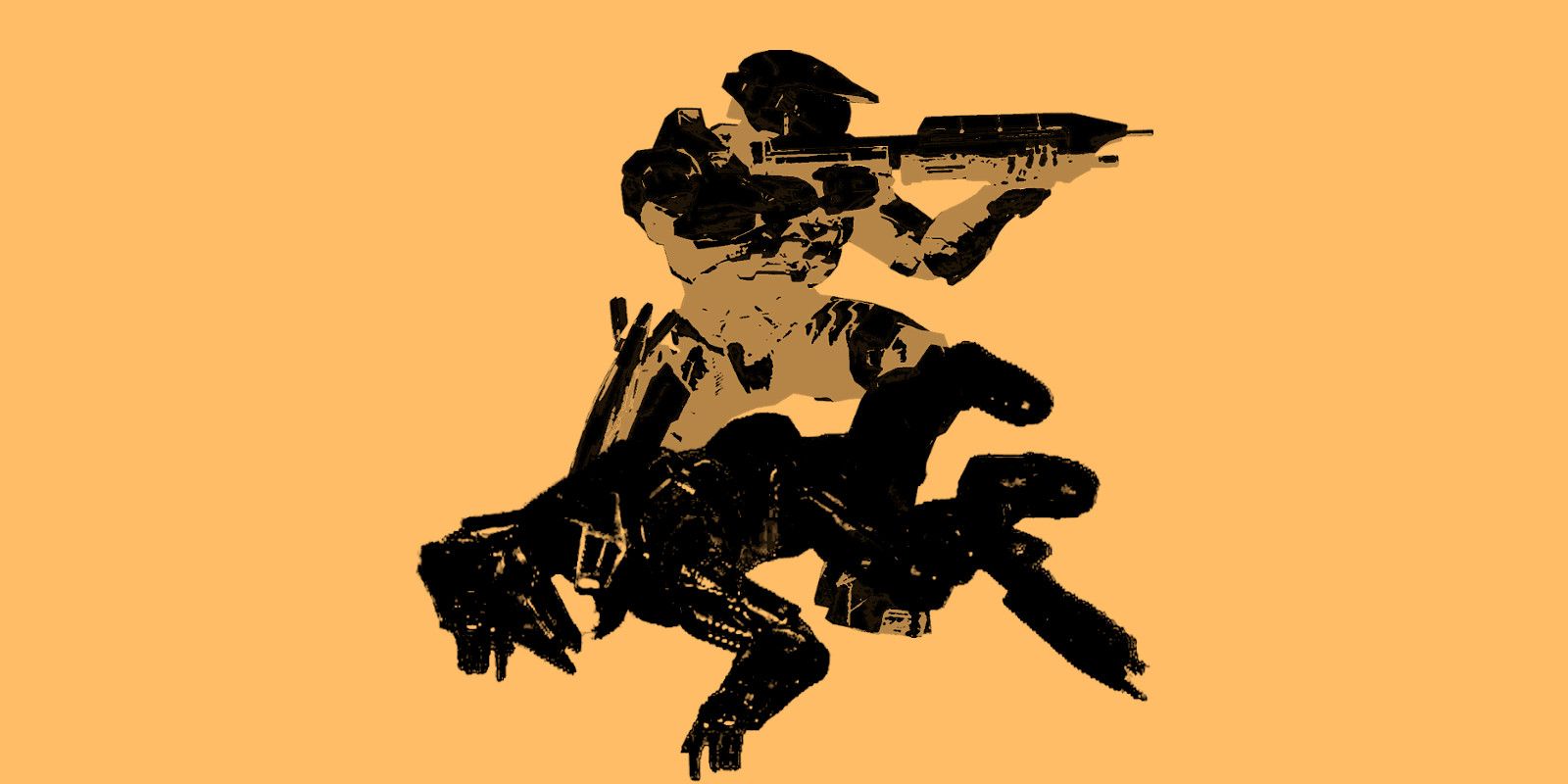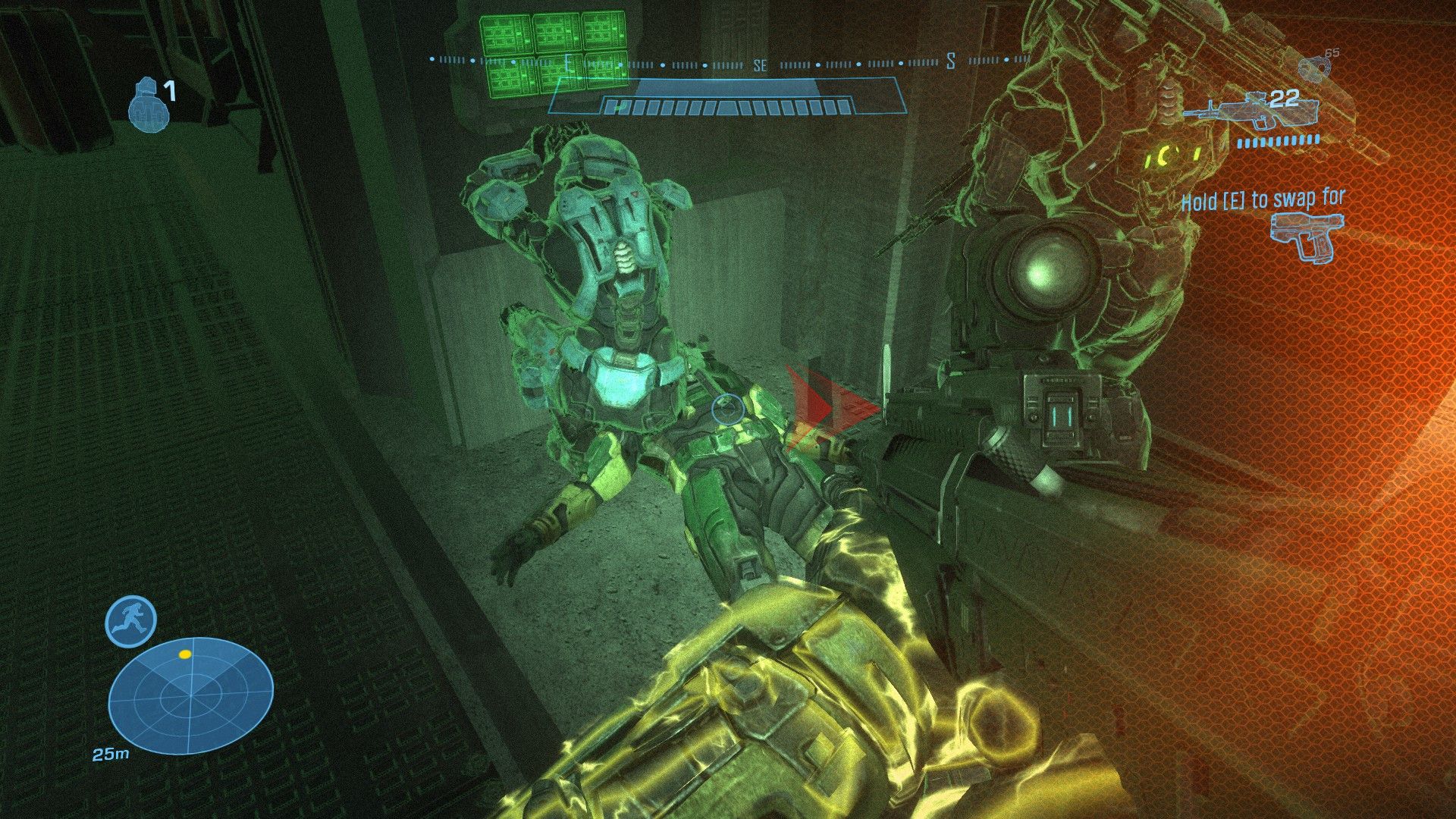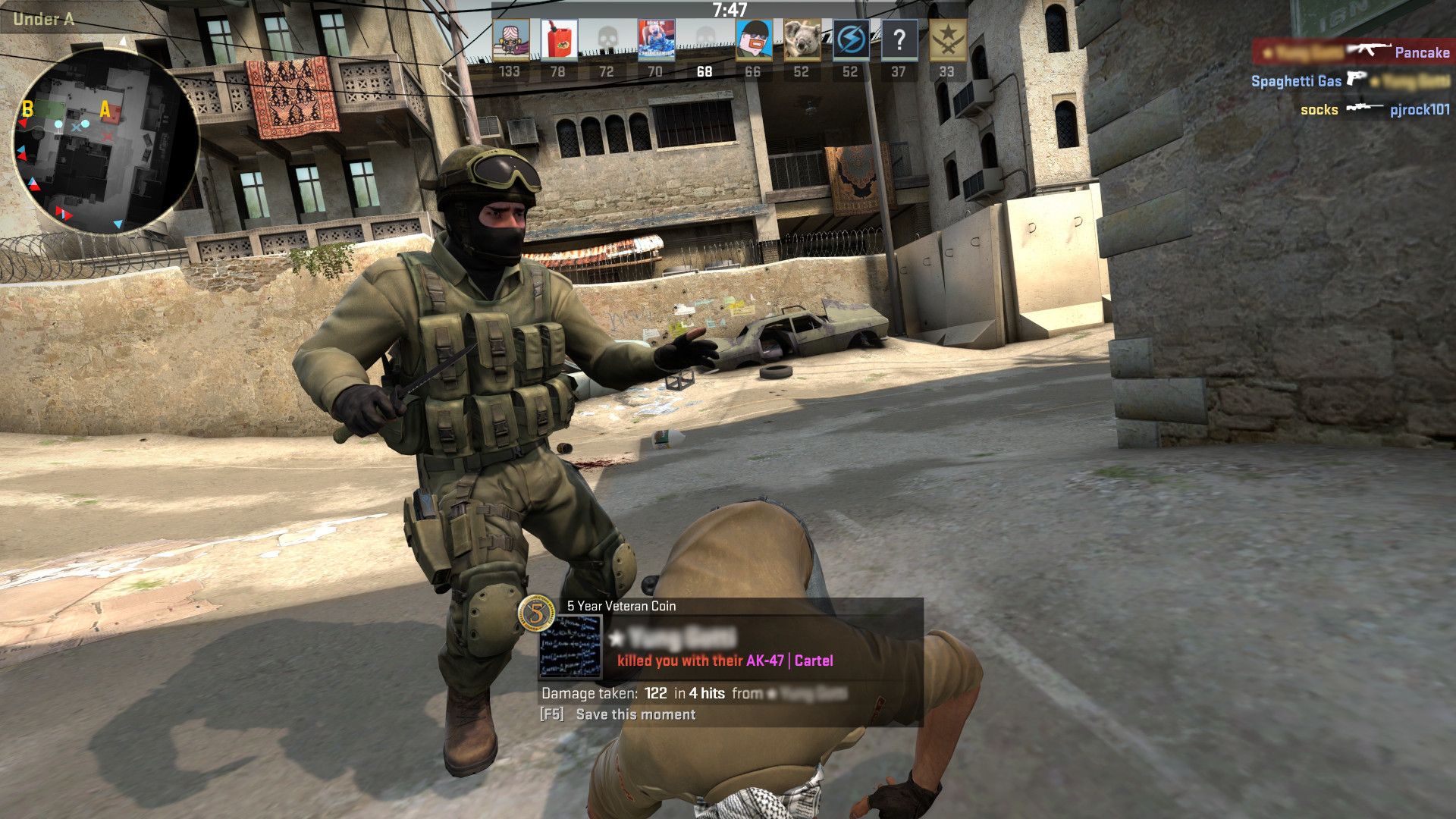Gamers who play in online co-op have an arsenal of ways to tilt opponents, ranging from in-game taunts to "colorful" language over chat. However, there remains an unchanging insult that has transcended genre and platform: teabagging.
Teabagging is performed by crouching over a fallen foe, which serves as both a celebratory gesture by the victor and an act of humiliation for the defeated. It will most likely continue for as long as players have access to a "crouch" input. Despite its widespread use and notoriety, however, some players are on the fence as to whether teabagging adds anything of value to video games.
It's difficult to pinpoint where or when the phenomenon began, but multiple sources suggest it became popular with the 2001 release of Halo: Combat Evolved. The act may have taken off there due to the novel mechanic of the player cam continuing to follow them post-mortem. As the camera focuses on the player's body, they can only watch as opportunistic foes perform a victory taunt.
For the past two decades, teabagging has been utilized as a universal taunt in co-op shooter games. It's also begun to make appearances in other genres, like fighting and roleplaying games.
There are two major things teabagging brings to gaming: personal expression and the opportunity to anger an opponent. After confirming a kill, some players want to find a quick way to celebrate. Some games don't even have taunts, and those that do often take too long to perform. Thus, the simplest solution to the problem is to teabag. This non-verbally informs the fallen adversary that "they suck," and it's fast enough that the player doesn't have to sacrifice positioning to get the message across.
Depending on the victim, teabagging may elicit anywhere from a chuckle to full-blown rage. Opponents who react with anger toward a teabag are more likely to solely focus on the initiator.
However, this rage-fueled revenge has a downside, as the player may suffer from tunnel vision in their quest to get even. They'll go out of their way to get back at the initiator, making their actions somewhat predictable. The initial teabagger may even have anticipated the response and is hoping to secure another kill. At the end of it all, it's unlikely the one seeking revenge will feel vindicated.
Therein lies the primary issue players have with teabagging: It's seen as disrespectful, and it possesses the potential to promote toxicity within a game. Playing a game is supposed to be fun and if someone is constantly disrespecting other players, it's difficult to find enjoyment in that.
Some may argue it's simply "part of the game," or that players shouldn't take teabagging personally. While those points may have some merit, it certainly doesn't mean players should get a free pass to harass others for their amusement.



